Diving into Mortgage Choices: Which Lender offers the Largest Mortgage Loan?
In the world of borrowing money, there are three main types of lenders: banks, B lenders, and private lenders. Each has its own way of helping people and businesses with their finances. Let's take a closer look at these lenders to see who lends the most money and what makes them different.


Diving into Mortgage Choices: Who Offers the Biggest Mortgage Loan?
In the world of borrowing money, there are three main types of lenders: banks, B lenders, and private lenders. Each has its own way of helping people and businesses with their finances. Let's take a closer look at these lenders to see who lends the most money and what makes them different.
Banks, Credit Unions and Monolines: Financial Powerhouse
These A lenders are the cornerstone of the financial system, wielding immense influence and resources. With their extensive networks and large capital reserves, banks are often the go-to choice for borrowers seeking mortgage loan. With the help of insurers, they can provide loans up to 95% of the property value.
However, they adhere to strict regulations and guidelines, limiting the mortgage amount to a percentage of the total revenue of the borrower. Accessing loans from banks can be challenging for individuals with less-than-perfect credit or unconventional financial circumstances, as banks typically prioritize borrowers with strong credit histories and stable incomes."
B lenders: Bridging the Gap
B lenders. also knows as alternative or non-conventional lenders, occupy a unique niche in the lending landscape. These institutions cater to borrowers who may not meet the stringent criteria set by traditional banks. While B lenders offer competitive interest rates and flexible terms, they are more accommodating of individuals with lower credit scores or irregular income streams.
B lenders often step in when banks are unwilling or unable to extend credit to certain borrowers. They provide a vital lifeline for individuals who may have experienced financial setbacks or face unique challenges in securing traditional financing. As such, B lenders play a crucial role in promoting financial inclusion and access to credit.
Private Lenders : Tailored Solutions
Private Lenders operate outside the realm of traditional financial institutions, offering unique lending solutions to meet specific needs. These entities range from individual investors to private equity firms, providing a diverse range of financing options. Private lenders are known for their agility and flexibility, allowing them to structure deals according to the unique requirements of borrowers, usually resulting in the ability to provide larger mortgage amount.
While private lenders may offer higher interest rates compared to banks and B lenders, they excel in providing quick access to capital and customized financial solutions. This makes them an attractive option for individuals and businesses seeking alternative financing arrangements or facing time-sensitive situations.
Conclusion
In the realm of lending, banks, B lenders, and private lenders each play a distinct role in providing financial assistance to borrowers. While banks dominate with their vast resources and credibility, B lenders and private lenders offer alternative solutions tailored to specific needs and circumstances. Understanding the strengths and limitations of each type of lender is crucial for borrowers seeking the most suitable financing options. Ultimately, the lender that lends the most money may vary depending on individual requirements, financial standing and the property.
